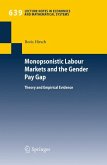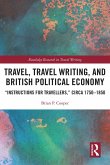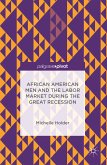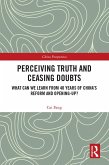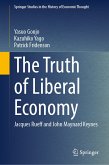Contents
- The Behavioral Economics of Accuracy and Discrimination at Trial
- Truth Standards in Behavioral Law and Economics
- The Fundamental Attribution Error and Accuracy in Trial Settings: Judges vs Jurors
- Implicit Racial Biases in Tort Trials
- Gender and Race-Based Statistical Tables in European Tort Trials
- Accuracy and Discrimination at Trial: Putting the Pieces Together
Target Groups
- Researchers and students in the fields of behavioral law and economics, evidence law, tort law, judicial decision making
- Policy-makers, judges, prosecutors, and lawyers
The Author
Goran Dominioni holds a PhD from Bologna University, Erasmus University Rotterdam, and Hamburg University. He has conducted research at Cornell Law School, Copenhagen University, Hamburg University, and UC Louvain.
Dieser Download kann aus rechtlichen Gründen nur mit Rechnungsadresse in A, B, BG, CY, CZ, D, DK, EW, E, FIN, F, GR, HR, H, IRL, I, LT, L, LR, M, NL, PL, P, R, S, SLO, SK ausgeliefert werden.




